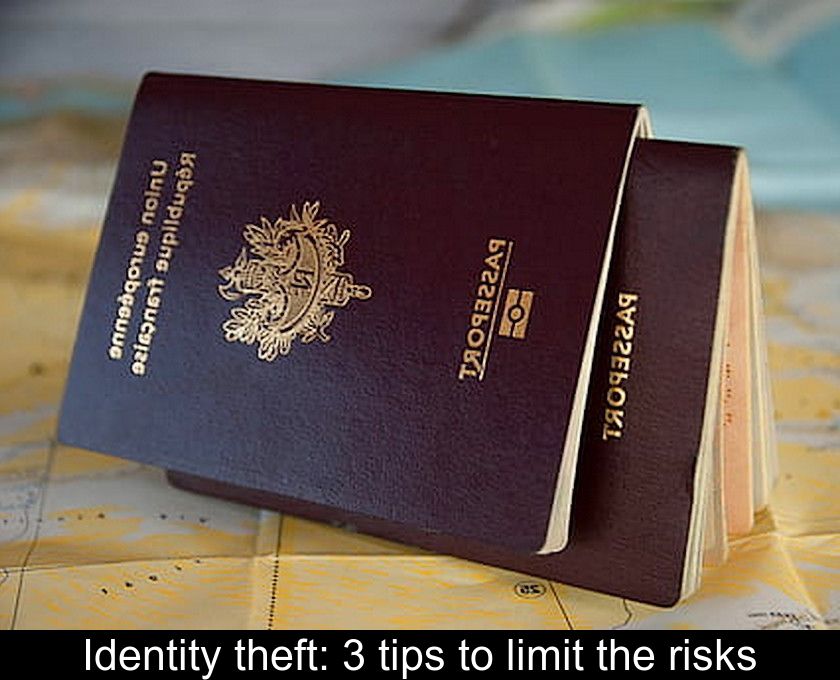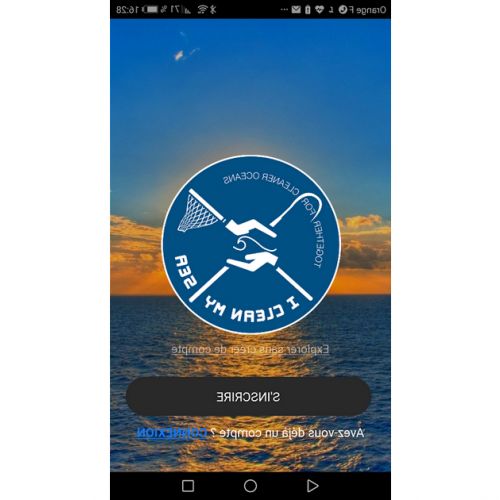Identity Theft: 3 Tips To Limit The Risks
Identity theft is a very common scam that can have serious consequences. The theft of your personal data can even lead to a bank ban. To avoid this, here are 3 simple tips to protect yourself against this scourge.
A booming scam
You probably already know this if you follow Julien Courbet's TV shows, identity theft is a very fashionable fraud at the moment.
This scam has boomed over the past year and is claiming more and more victims.
You need to be especially careful with your identity papers, as all you need to do to open a bank account in your name and take out a loan with an online bank is a photocopy of your ID card or passport.
This scam can lead you to a bank ban even if you are not really the person who took out the loan.
Stealing personal data can also allow scammers to damage your reputation or commit illegal acts in your name.
Thus, it is understandable that the consequences can be dire when you are a victim of this scam.
To limit the risks, always remember to apply the 3 practical tips below.
1- Be careful with photocopies
The first rule of thumb to be aware of to protect yourself from identity theft is to be careful when sending copies of your official documents by email.
Always start by checking the authenticity of the sender before responding to a request and sending personal or sensitive information via email.
Even if you are sure of the recipient of the document, remember to cross out the photocopy and indicate on it the reason for sending, e.g. 'This photocopy can only be used for my apartment rental file'.
2- Be careful with the papers you throw away
The second golden rule to protect yourself from identity theft is to be particularly vigilant about the contents of your garbage.
Remember that you should never throw a personal document, such as a phone or electricity bill or an insurance policy, directly into the trash.
Indeed, these different documents contain personal data that can be used to impersonate you.
Contrary to popular belief, all the scammers need is a name and phone number or address.
To limit the risks it is recommended to buy a small shredder and destroy all these personal documents before throwing them away. The investment is less since you can find shredders for less than 50 €.
3- Be careful with your online activities
Identity theft can also be done online, via hacking.
To protect your personal data, you should make sure to choose secure passwords, which include upper and lower case letters, numbers and special characters.
For added security, try not to use the same password on your different accounts.
Avoid sensitive activities (such as checking your bank account) on computers other than your own.
When browsing a site of questionable reliability, avoid providing your primary email address.
What to do in case of identity theft?
If you realize that you are a victim of identity theft, gather evidence of the offense, such as screenshots and supporting documents.
Contact the websites where the impersonation took place to ask them to remove your information.
You can file a complaint with a police station, the gendarmerie or the public prosecutor as identity theft is a criminal offence.
To learn more we advise you to consult the government platform cybermalveillance.gouv.fr (see link below).






